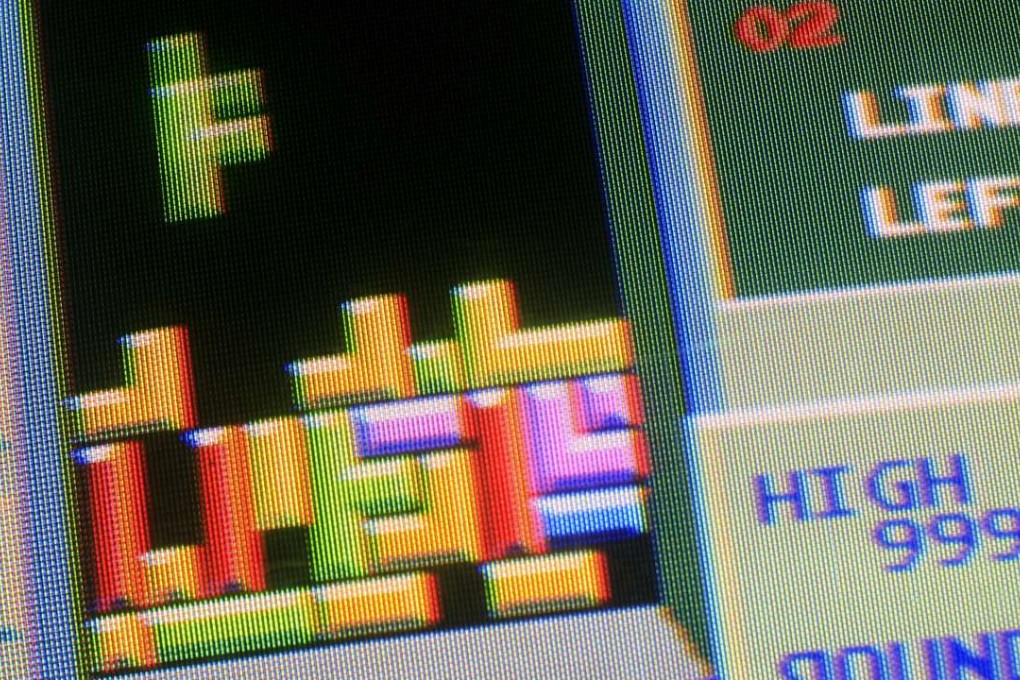Tetris the Movie, to begin shooting in China soon, is part one of a purported sci-fi trilogy
Film producers have seen the value of making movies based on existing brands, be they comic books or video games - although filming Tetris seems such a stretch it has been an industry in-joke. Not any more

Know how everyone always said Hollywood should make a movie based on Tetris, the 1984 video game in which players fit differently shaped blocks into one another? Oh, wait – no one said that, but we’re getting one anyway, thanks to Larry Kasanoff and Bruno Wu.
The idea of such a film, much less a trilogy of them, seems so patently absurd that a group of filmmakers created a joke trailer for the movie long before the actual idea was even announced. Again, let us note, this is a fake trailer:
For any Tetris fans worried that one might not contain the real estate to fully flesh out the backstories of those coloured blocks, fear not. Kasanoff and Wu see it as the first instalment of a trilogy.